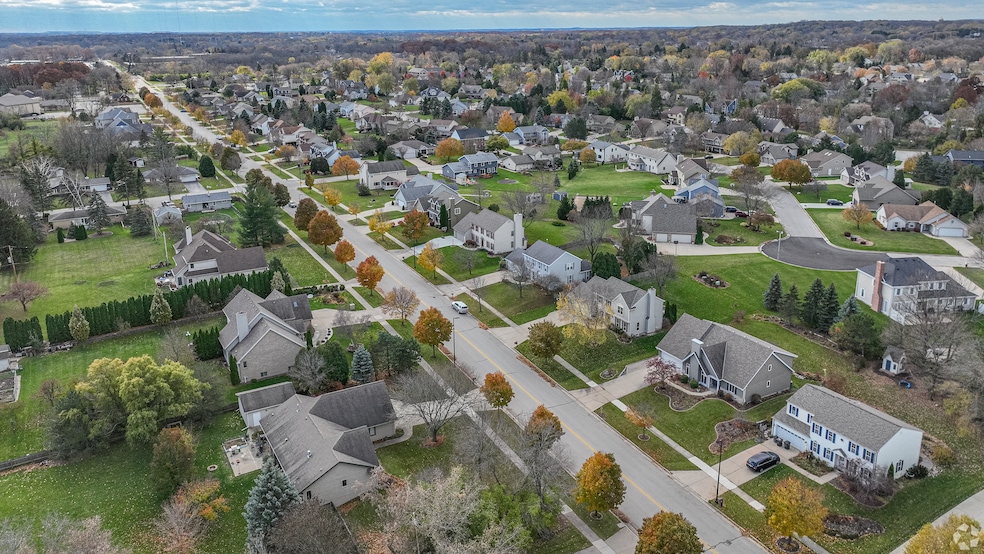Mortgage rates are back on the upswing after months of steady declines.
For the second week in a row, the average 30-year, fixed-rate mortgage and the average 15-year, fixed-rate mortgage both increased, according to data from Freddie Mac.
As of Thursday, the 30-year average was 6.34%, up from last week's 6.3% average and year over year. The loan averaged 6.12% during the same week in 2024.
The 15-year average was up to 5.55% as of Oct. 2. That's up from last week's 5.49% and last year's 5.25%.
Daily measures — more volatile than the Freddie Mac average — had the 30-year, fixed-rate mortgage unchanged at 6.37% as of Thursday morning. The 15-year, fixed-rate mortgage had edged down slightly from a day earlier to 5.88%.
Even as mortgage rates have remained below their 52-week average, the slight increases in the past two weeks have been enough to put a damper on mortgage activity, according to the Mortgage Bankers Association. Its measure of mortgage activity decreased nearly 13% in the week ended Sept. 26.
Government shutdown introduces new uncertainties
This week also brought another complication for the housing market: The federal government shutdown entered its second day Thursday after lawmakers failed to reach an agreement on spending before the Oct. 1 deadline.
What does that mean for the mortgage market? In the short term, probably not much. In the long term, though, the biggest issue could be a lack of official data.
More on this topic: Here's what a government shutdown could mean for housing
At a high level, mortgages react to economic data. When the data reflects a weak economy, mortgage rates typically move down. When the data reflects a strong economy, mortgage rates are more likely to increase.
During the shutdown, though, there will be no data releases from the federal government. For example, the Bureau of Labor Statistics was set to release the monthly jobs numbers, one of the most important reports for the mortgage market, on Friday. Now, it's uncertain when that data will be shared.
The lack of data also makes it harder for the Federal Reserve to set policy because it doesn't have as much insight into the state of the economy. While the Fed doesn't set mortgage rates, the disruption could have a ripple effect, according to Selma Hepp, chief economist at real estate data firm Cotality.
"If these reports are delayed, the Fed may hold off on adjusting rates simply because they’re flying blind, even if the broader economy calls for action," she said in a statement. "While shutdowns can stir up short-term volatility in interest rates, long-term shifts are almost always driven by bigger-picture economic forces."
In the more immediate future, though, the shutdown could create a temporary downward push on mortgage rates, though, Hepp explained.
"When shutdowns occur, investors typically flock to Treasury securities, which pushes their yields down and can result in slightly lower mortgage rates — usually a drop of about 0.125 to 0.25 percentage points," she said. "Still, this isn’t a given, and other market factors can muddy the waters."
And if the shutdown drags on, investors could "raise fears about the credit quality of U.S. debt," sending mortgage rates higher, according to Melissa Cohn, regional vice president of William Raveis Mortgage.

